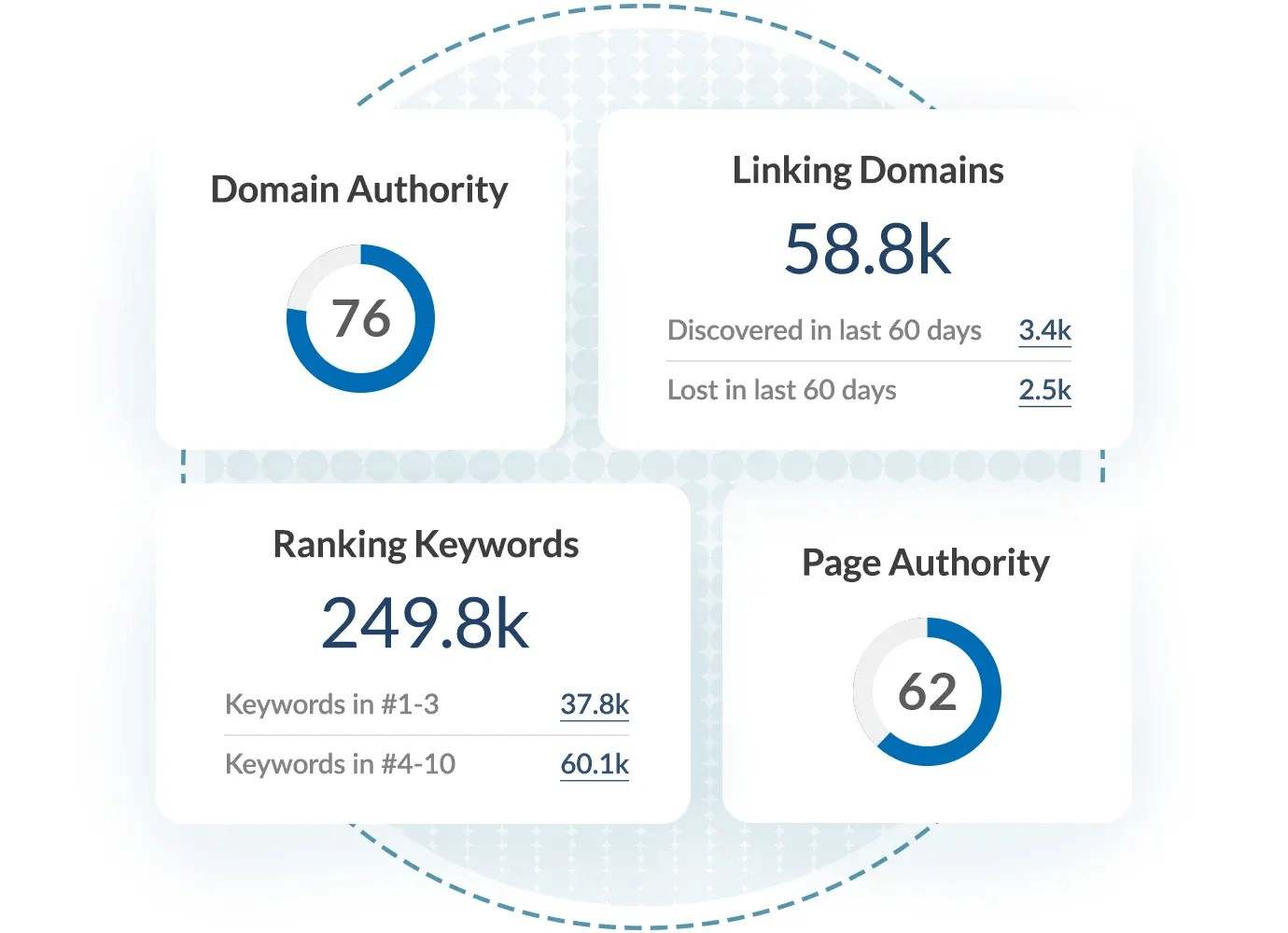Digital marketing, especially Search Engine Optimisation (SEO), is constantly changing, and keeping up is crucial. One buzzword that’s been causing quite a stir for awhile now is E-E-A-T, a term initially introduced by Google. This guide aims to explain what E-E-A-T is all about, why it’s important, and how you can improve your website’s E-E-A-T to win favour with both search engines and visitors.
What is E-E-A-T then?
E-E-A-T stands for Experience, Expertise, Authoritativeness, and Trustworthiness. These four ingredients are key factors that Google uses to assess the quality of a website and its content. Whilst it isn’t a direct ranking factor, following E-A-T-T can help with your Search Engine Optimisation.
- Experience: This is the newest addition to the E-A-T framework. It focuses on the firsthand experience of the content creator. For instance, a travel blogger sharing personal experiences or a product reviewer who has genuinely used the product.
- Expertise: This relates to the creators or authors knowledge and skills in a particular field. For example, a developer article written by a certified developer holds more value than one written by a writer without a developer background.
- Authoritativeness: This measures the credibility of the website and its content creators. Is the site recognized as a leading source in its category? Are the authors well-known and respected and knowledgeable in their fields?
- Trustworthiness: This is about the reliability of the content. Is the information accurate and honest? Does the website have a transparent approach to all of the data?
Why is E-E-A-T important?
Google’s algorithm prioritises content that demonstrates E-E-A-T, especially for “Your Money or Your Life” (YMYL) pages. These are pages that can impact a person’s happiness, health, financial stability, or safety. For instance, medical advice, financial information, or legal guidance.
Let’s see some statistics highlighting E-E-A-T’s impact
- A study by Moz found that sites with high E-E-A-T had significantly better rankings in Google’s search results.
- According to SEMrush, 50% of online users will leave a website if the content is irrelevant or not trustworthy.
- Data from Google’s Quality Rater Guidelines indicates that high E-E-A-T pages are more likely to be promoted in search results, which can directly affect a site’s traffic and visibility.

How to improve your website’s E-E-A-T
1. Enhance Your Experience
- Share personal stories, case studies, and real-life examples.
- Use multimedia like videos and images to showcase firsthand experiences.
2. Build Your Expertise
- Ensure content is created or reviewed by experts in the field.
- Highlight authors’ credentials, qualifications, and industry experience.
- Regularly update content to maintain accuracy and relevance.
3. Establish Authoritativeness
- Get endorsements from other authoritative sites through backlinks.
- Guest post on reputable sites to build your profile.
- Showcase awards, certifications, and recognitions on your website.
4. Increase Trustworthiness
- Implement robust privacy policies and transparent data practices.
- Encourage and display genuine customer reviews and testimonials.
- Ensure your site is secure (HTTPS) and is user-friendly.
Conclusion
Understanding and implementing E-E-A-T can significantly impact your website’s performance. By focusing on experience, expertise, authoritativeness, and trustworthiness, you can create content that not only appeals to Google but also builds a loyal and trusting audience. Stay updated with Google’s guidelines and continuously refine your approach to maintain a high standard of quality on your site.
For more detailed insights on E-E-A-T, you can refer to Google’s Quality Rater Guidelines.
By investing in E-E-A-T, you’re not just improving your website’s rankings, you’re enhancing the overall user experience and building a credible online presence.


